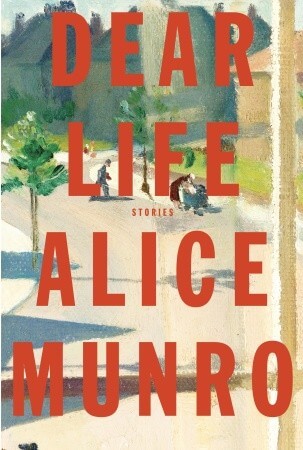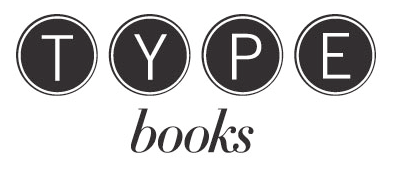This review has taken a long time to write. How do you review Alice Munro? It’s akin to being an art critic who looks at the Mona Lisa in order to write a review—only this is a brand new work, not an age-old classic.
“People were always saying that this town was like a funeral, but in fact when there was a real funeral it put on its best show of liveliness. She was reminded of that when she saw, from a block away, the funeral-goers coming out of the church doors, stopping to chat and ease themselves out of solemnity.”
– “Corrie,” from Dear Life, by Alice Munro
This review has taken a long time to write. How do you review Alice Munro? The task is akin to being an art critic who looks at the Mona Lisa in order to write a review—only this is a brand new work, not an age-old classic.
I’m always a bit twitchy when a new work comes out from an author I love. What if it doesn’t live up to my expectations? (See, for example, J.K. Rowling’s The Casual Vacancy. I may review that book here if I ever force myself to finish slogging through it.) I needn’t have worried, though. In her latest collection, Dear Life, Munro surpasses herself. This is a gathering of stories set mostly in rural Ontario (“Munroland”), mostly in the not-too-distant past, that are as much about what is remembered by the narrator as what isn’t, as much about what is left out of the story as what is brought into it. This book is a work about the shifting nature of memory and the way we build and rebuild our own narratives.
Continue reading “Absences and memories: a review of Dear Life by Alice Munro”



 “The front pews are filled with the old women who always come to early mass to claim good seats for the funeral mass that follows this one. These babci are ageless. Smelling of wet wool in their scarves and galoshes, they could be the same women who jostled for the best places when St. Voytek’s opened its doors forty years ago.”
“The front pews are filled with the old women who always come to early mass to claim good seats for the funeral mass that follows this one. These babci are ageless. Smelling of wet wool in their scarves and galoshes, they could be the same women who jostled for the best places when St. Voytek’s opened its doors forty years ago.”



